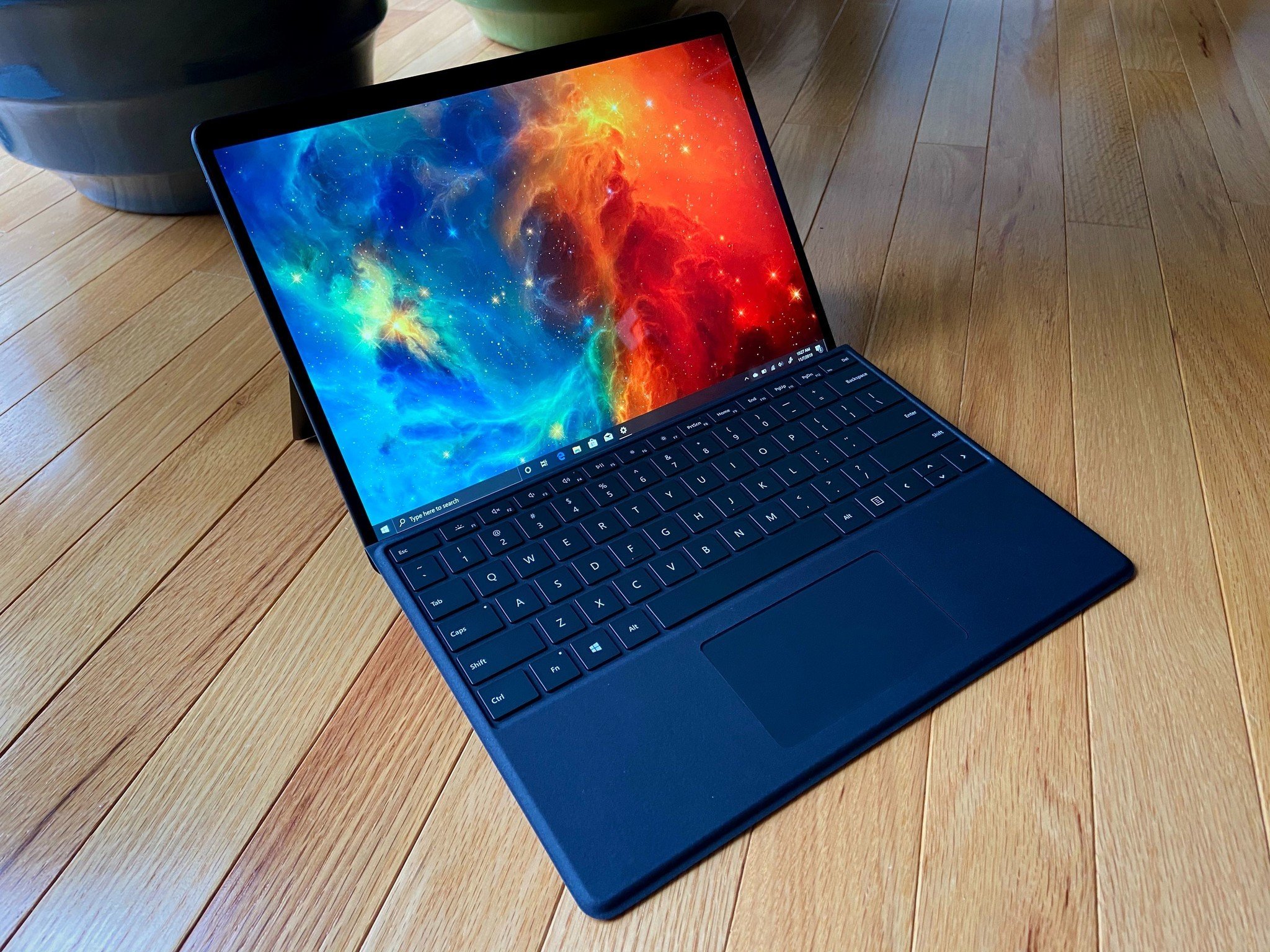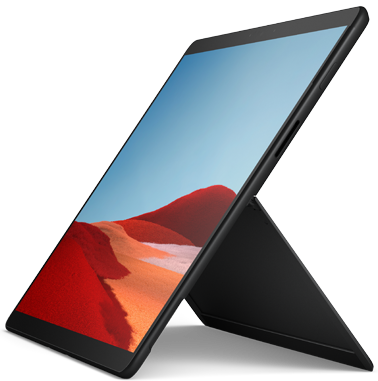Microsoft reportedly working on x64 app emulation for ARM PCs
If true, this would break down one of the biggest barriers to using an ARM-based PC.

All the latest news, reviews, and guides for Windows and Xbox diehards.
You are now subscribed
Your newsletter sign-up was successful
What you need to know
- Microsoft is reportedly working on 64-bit (x64) app emulation for Windows 10 on ARM PCs.
- The feature may be aimed for a debut in the first half of 2021.
- Microsoft previously indicated that 64-bit app emulation was not in the cards for ARM PCs.
Microsoft may be working to break down one of the biggest barriers to using Windows 10 on ARM PCs: the inability to run 64-bit (x64) apps. According to a report from Neowin, Microsoft is working on bringing 64-bit app emulation to Windows 10 on ARM, potentially with a debut in a feature update in the first half of 2021.
Currently, Windows 10 on ARM can emulate 32-bit (x86) apps, though that comes with a slight performance hit. There is no current option for emulating 64-bit apps in the same way, prohibiting their use on Windows 10 on ARM PCs. If Microsoft were to add emulation for 64-bit apps, it's likely there would be larger performance impacts than we've seen with 32-bit apps thus far.
Still, this would be a major deal for Microsoft's ARM efforts. Qualcomm is also continuing to push forward with its dedicated ARM chips for PCs, with the latest Snapdragon 8cx making serious strides in improving performance. It's possible that by the time 64-bit app emulation is available, the performance impacts of emulating such apps won't be as noticeable as they would with the current slate of chips.
Windows 10 on ARM had a slow start, with only a few devices hitting the market after its announcement. It still hasn't taken off in a way that could seriously challenge Intel's domination of the PC platform, but Microsoft showed its support for the platform by launching the Surface Pro X this year. The Surface Pro X runs Windows 10 on ARM, powered by the Microsoft SQ1 chip, a customized version of the Snapdragon 8cx.
As Neowin notes, however, there may be some issues beyond performance to think about with 64-bit app emulation. Namely, it's unclear what the default app version will be for ARM devices when you try to install one. Will vendors prefer 32-bit or 64-bit when deciding what to offer any given PC?
If 64-bit app emulation is in the works for ARM PCs, there will be some concerns Microsoft will have to address, but it could ultimately make using one of these PCs less of a hassle for consumers.
Black Friday buyer's guide: Windows 10 laptops
All the latest news, reviews, and guides for Windows and Xbox diehards.

Dan Thorp-Lancaster is the former Editor-in-Chief of Windows Central. He began working with Windows Central, Android Central, and iMore as a news writer in 2014 and is obsessed with tech of all sorts. You can follow Dan on Twitter @DthorpL and Instagram @heyitsdtl.

